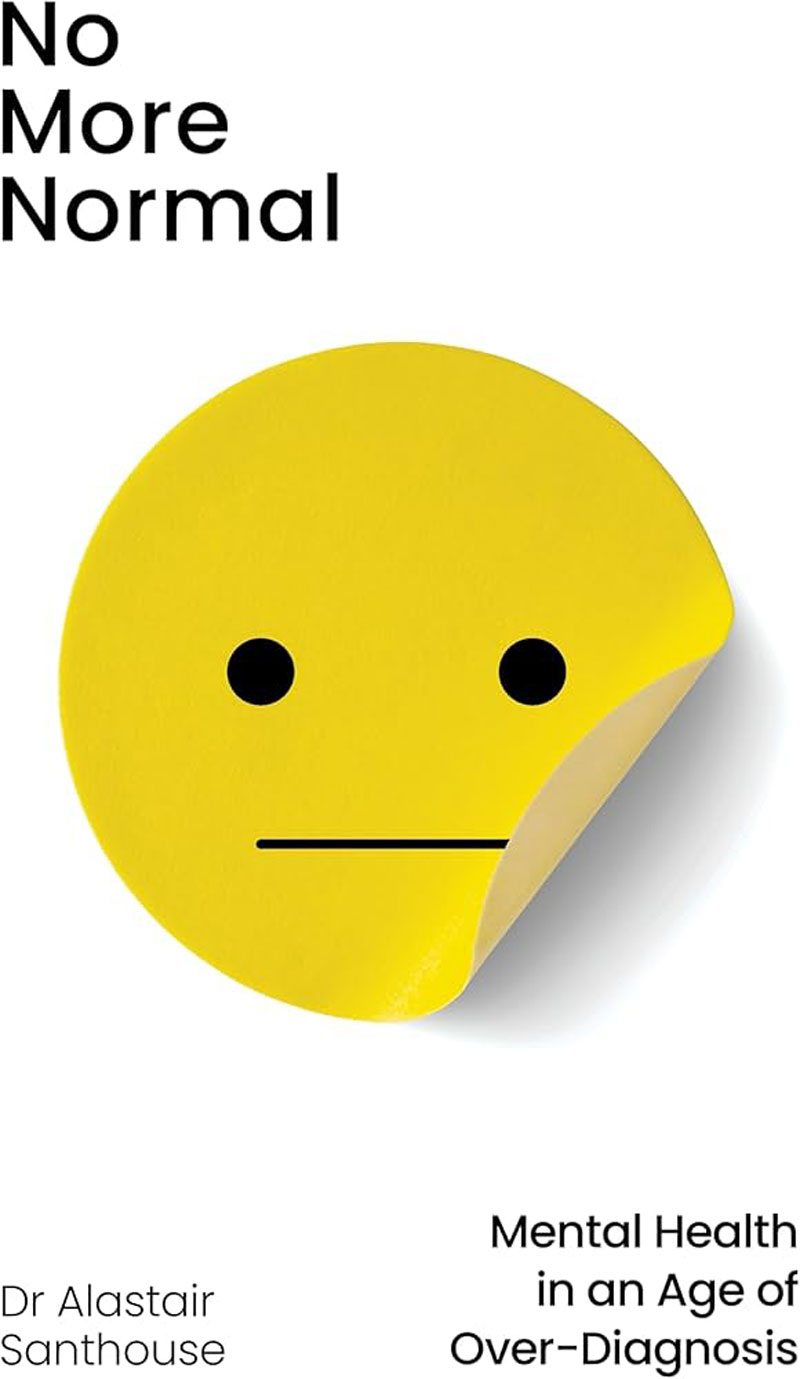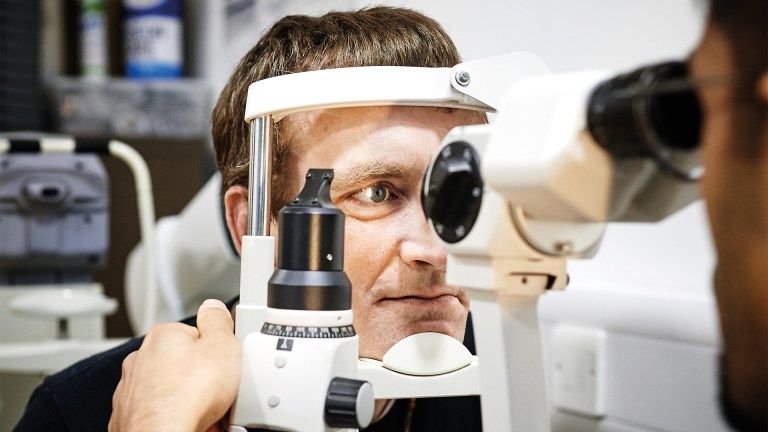“We’ve moved to a kinder and more considerate age where mental illness is no longer stigmatised, and more people are coming forward with mental health problems, and that surely can only be a good thing,” Santhouse tells Big Issue.
“We live in difficult times and people have real world problems to manage – marital disharmony, family breakup, housing instability, financial concerns, loneliness and a loss of social cohesion. Life is not easy.”
With all this in mind, Santhouse wants to start a conversation about how to best help people who need support. In an ideal world, anybody who wants to access our health service would be able to, but with resources so thinly stretched, some people who need urgent attention and treatment will be overlooked.
Raising questions rather than providing any definitive conclusions, Santhouse cites a survey from the National Union of Students from 2015 where “it was reported that 78% of students had experienced a mental health problem in the past year”. He sees this as symbolic of a wider shift in how people frame their wellbeing. “The students in the survey did not see themselves as unhappy or distressed, but rather as ill.”
“Behaviours that might have previously been seen as normal or understandable, or thoughts or interactions are often increasingly seen through a lens of mental illness,” he continues. “When people experience adversity there is often a personal growth that comes through using your resources and tools to manage it. Agency is really important in our mental health. I don’t want to undermine people suffering but whether all that suffering is mental illness is the question that I’m trying to resolve.”
The conversation about the causes and solutions to the problem goes well beyond the health service. People are more isolated, social media can harness that isolation and intensify a whole spectrum of thoughts, feelings and behaviours.
“I think there’s a lot about society we might think about rebuilding, in terms of a sense of community and civic engagement,” Santhouse says.
And we can also begin with ourselves, relearning what “normal”, in its most psychiatric sense, means. Thanks to ideas soaked up from society – on or offline – many of Santhouse’s patients arrive at his clinic with a diagnosis in mind.
“I always believe people when they’re telling me they’re suffering. No one comes to a psychiatrist for want of something better to do on a rainy Wednesday morning, but if they’ve been worried… Some of the most powerful and effective consultations I have are those in which I am able to tell the individual that their experiences are normal, that to feel that way in response to a life event or situation is a psychologically healthy and normal reaction.”
No More Normal: Mental Health in an Age of Over-Diagnosis by Dr Alastair Santhouse is out on 10 April (Granta, £18.99).You can buy these titles from the Big Issue shop on bookshop.org, which helps to support Big Issue and independent bookshops.
Do you have a story to tell or opinions to share about this? Get in touch and tell us more. Big Issue exists to give homeless and marginalised people the opportunity to earn an income. To support our work buy a copy of the magazine or get the app from the App Store or Google Play











